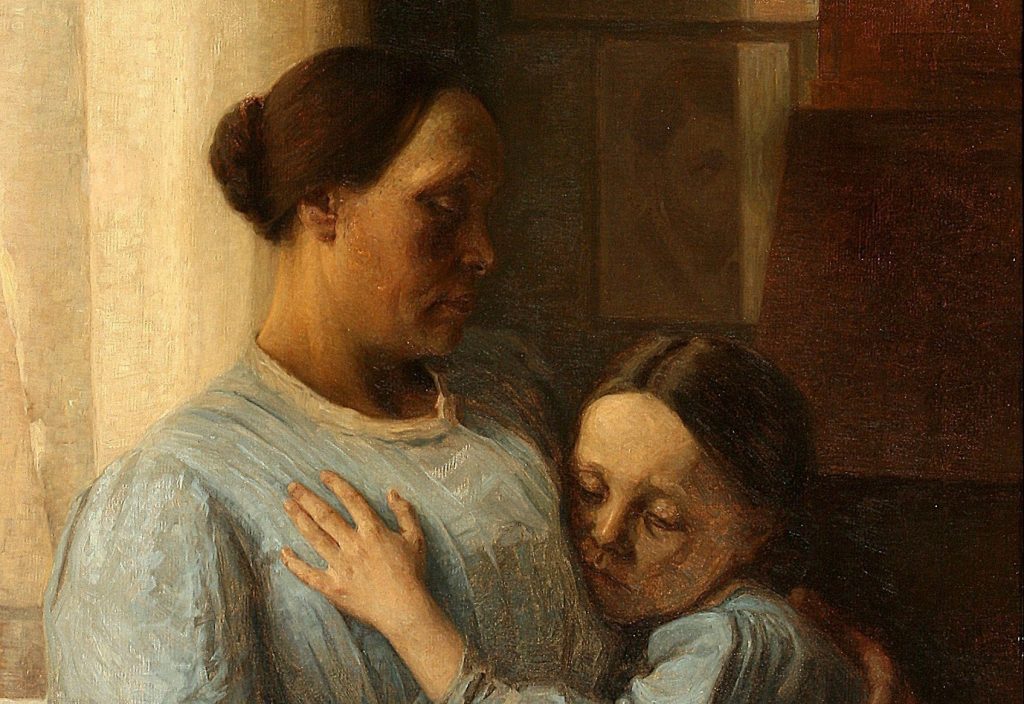We are deep within the season of mercy — the season that Eastern Christians call “Great Lent.” We in the West are fond of brevity, and so we call it simply “Lent.”
But we should not forget its greatness. For believing Catholics, it is a defining moment in the year. It gives a distinctive and necessary contour to their personal lives. The Church marks the time with laws and rites that make a deep impression on our memory and our identity. At the beginning, she marks us with ashes and reminds us that we are dust. She imposes strict fasting on two days and bids us to abstain from meat on others.
These, however, are just the outward signs. They’re meant to indicate a deep, interior conversion. In Lent we make a more probing examination of conscience. We pray the “Miserere” of King David (Psalm 51), and we make it our own. We ask a little more of ourselves — in terms of prayer, fasting, and almsgiving — even as we beg much more of God in terms of mercy.
How great it is to celebrate Lent in the pontificate of Pope Francis. Journalists have called him “the Pope of Mercy,” and on this score (and maybe only on this score) I think the media got him right. Mercy has been his watchword. “I believe this is the time of mercy,” he told reporters during one of his famous airplane press conferences. “This change of epoch … has left many wounds, many wounds. The Church is a mother: It must reach out to heal the wounds, yes? With mercy. If the Lord never tires of forgiving, we don’t have any other path than this one.”
Pope Francis was elected during Lent in 2013. It was in the season of mercy that he came to the world preaching mercy; and perhaps it will always be his hallmark. May it be so. St. Thomas Aquinas said that mercy is the greatest attribute of God himself. It is right and just that it should be the quality we associate with his vicar.
For you and me, the greatness of this season depends on the greatness of our repentance. What are the habits that God wants us to root out through our prayer and fasting? What is the sin that needs to be confessed and renounced?
We can do the work of Lent if we recognize it as a work of God — if we allow him to work in us through the healing power of the sacraments — and if we strive, then, to live up to the gift we’ve been given. God is unstinting in the grace he gives. We’re the problem. We’re the ones reluctant to receive what’s good for us.
Pope Francis says it often and says it well: “God never tires of forgiving. We’re the ones who tire of confessing.”
Let’s be thankful, then, for the greatness of this season and gifts it brings to us — in the ministry of the pope, in the application of mercy, in the memorable signs of ashes and abstinence and absolution.

